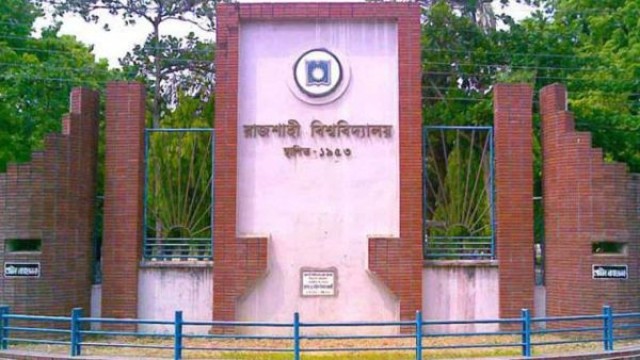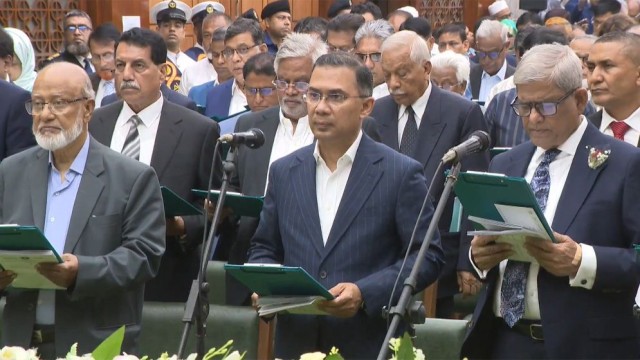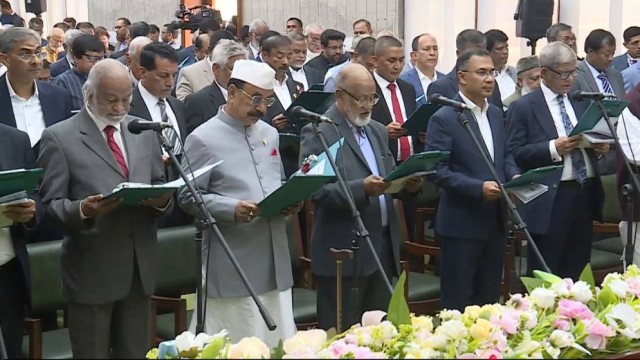Martha E. Pollack, who has served as Cornell University's president for the past seven years, surprised the community with an announcement of her resignation via email on Thursday afternoon.
In her message addressed to "Cornellians," Pollack emphasized that her decision to resign was entirely her own, stating, "After seven fruitful and gratifying years as Cornell’s president — and after a career in research and academia spanning five decades — I’m ready for a new chapter in my life."
Dr. Pollack, a computer scientist by profession, stated that she would continue in her role until July 1st.
In a separate announcement, Kraig H. Kayser, the chairman of Cornell's board of trustees, revealed that the board had appointed the university provost, Michael I. Kotlikoff, as interim president for a two-year term. Dr. Kotlikoff, who previously served as the dean of Cornell’s College of Veterinary Medicine, will assume the interim presidency.
Dr. Pollack's resignation contributes to a period of transition among Ivy League universities, with Harvard, Yale, and the University of Pennsylvania already navigating leadership changes or searches for new presidents. The recent resignations of the presidents of Harvard and Penn, partly due to controversies over their testimony regarding campus antisemitism, further highlight the current state of transition.
Mr. Kayser also announced that Cornell's board of trustees would postpone the search for a permanent president until approximately six to nine months before the end of Dr. Kotlikoff's interim term, a departure from the typical timeline.
Dr. Pollack's departure comes amidst controversy surrounding disciplinary actions taken by Cornell against pro-Palestinian student protesters. The university's response, deemed by some as draconian, has sparked criticism from faculty and observers. Calls have been made for Dr. Pollack to revoke the students' suspensions before her departure, as a gesture to ease tensions on campus.
Despite the challenges, Mr. Kayser praised Dr. Pollack as a "transformational leader" who implemented initiatives to increase financial aid and establish new academic programs during her tenure at Cornell.






























Comment: